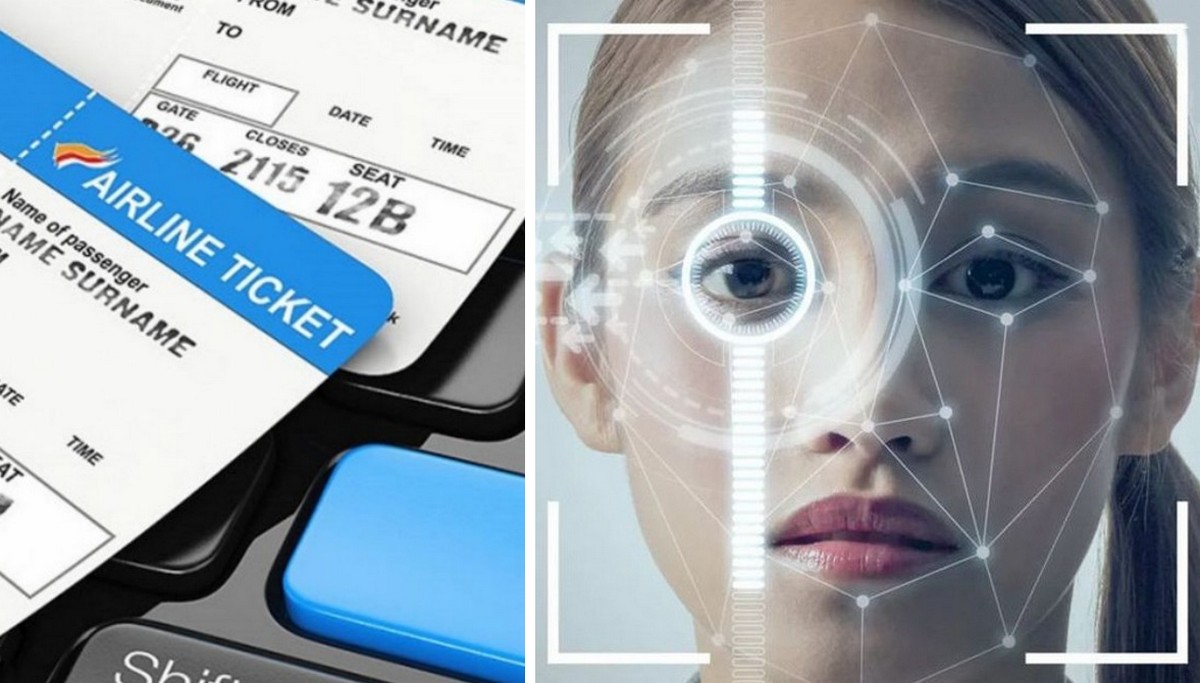The Finnish Border Service has announced an innovation that will partially change the lives of tourists: Finland has become the first country in the world to switch to digital travel documents. The change came into effect on August 28, although it is currently in a test format.
DTC (Digital Travel Credentials) is a digital travel document, essentially a digital version of a regular physical passport, which, according to the developers, provides a high level of reliability and security. Finland will be the first in the world to test it. It is important to note that this project will only be available at Helsinki Airport and the digital travel documents will be tested until the end of February 2024, i.e. 1.5 years.
All Finnair tourists traveling from the country to London, Manchester, and Edinburgh in Great Britain will be able to take part in the experiment.
It is assumed that the new format will speed up the passage of border control and travelers will not have to stand in long queues. Those interested will be able to fly to the specified cities without physical documents, and their data will be entered into the system. “The Finnish Border Guard invites passengers on Finnair flights to the UK to test their digital travel document at border control at Helsinki-Vantaa Airport from 28 August 2023. Finnair customers on routes to London, Manchester and Edinburgh have the opportunity to go through border control faster and more freely than usual, without queues,” the statement of the Finnish border service read.
The innovation will allow tourists who use digital travel documents to choose for themselves whether they want to replace their paper documents with digital ones. Once they register in the system, they will be able to use the digital document to travel both within and outside their country.
Finland decided to switch to digital travel documents in response to the call of the European Union Commission to conduct a pilot project in some member states of the bloc. It was clarified that this step will allow to accumulate experience in the implementation of similar systems and, if successful, may become a standard for other EU member states. Funds for testing the Finnish system were issued by the Commission. The agency has repeatedly emphasized the advantages of the system for travelers. So, if this project is successful, in addition to the absence of queues, tourists will no longer have to carry physical travel documents, while the history of movement and refusal to cross the border will be visible to border guards.

